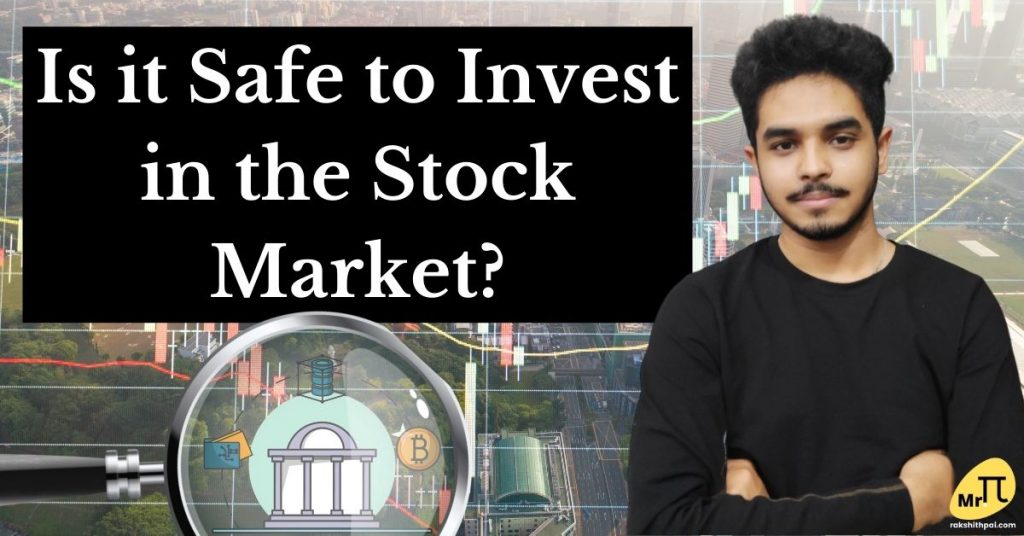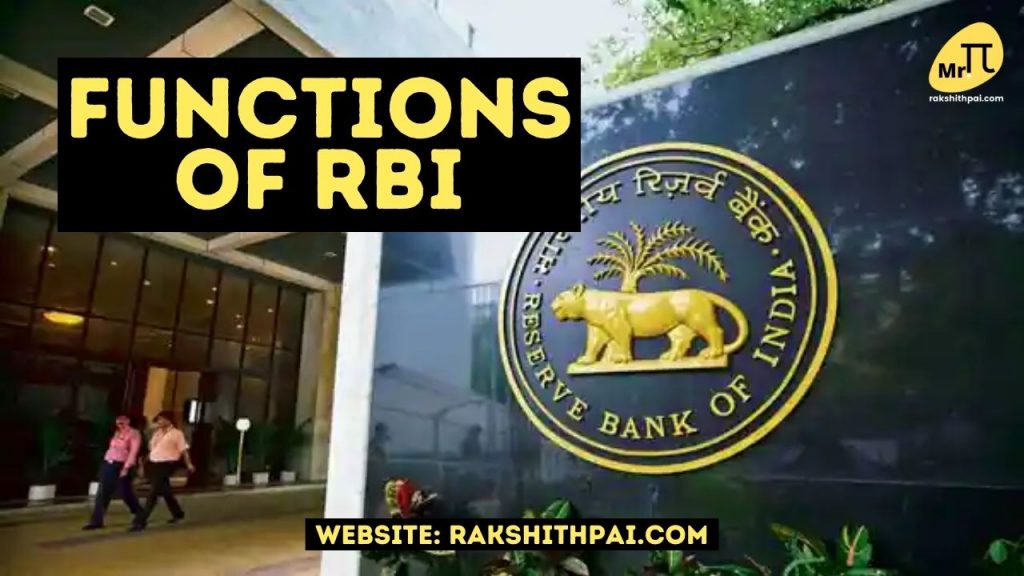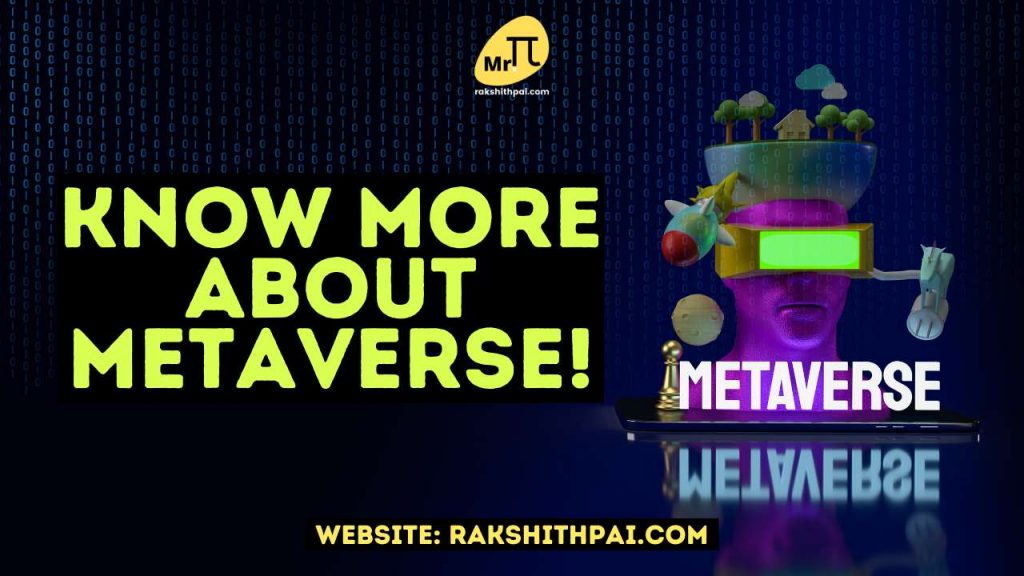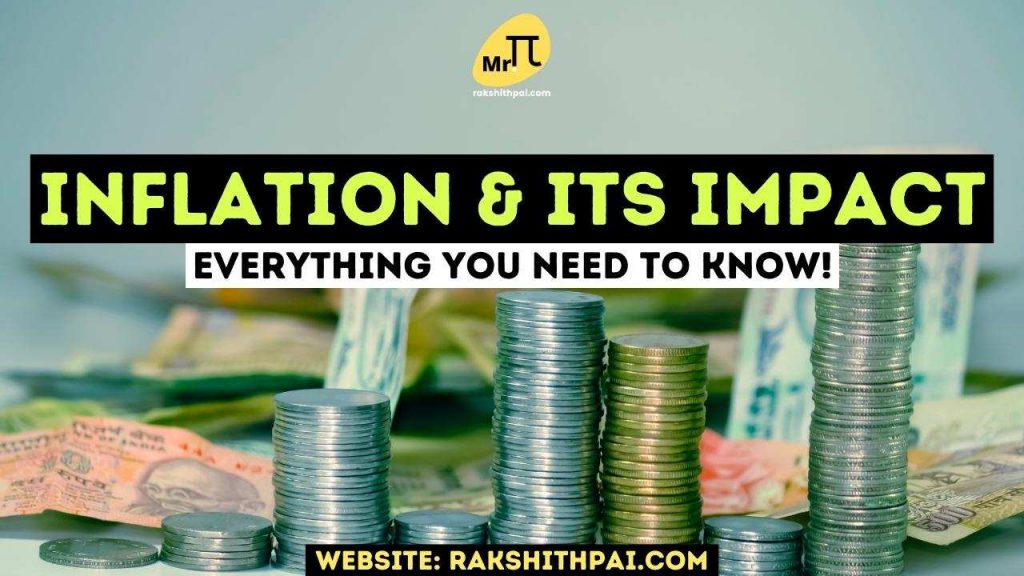Table of Contents
Free Market Capitalism – A right way ahead?
Capitalism: The one where innovation is encouraged. But, ultimately leads to inequality. Weirdly affecting the economy whilst creating efficiency.
Capitalism has always been vilified. But, people tend to forget that the world’s largest economies have become so with the help of Capitalism. The US, Japan, and even China have become economically stable and strong and the 2nd largest economy in a span of 4 decades (the quickest we have ever seen) with the help of Capitalism.
Whereas there’s not one country that has achieved this amount of economic progress with the help of Socialism. People name Scandanavian or European countries and quote the importance of Socialism. But, these are the same countries which have a very little population, well-established infrastructure (by you know how!), and a choking tax rate on middle-class people of the society.
Nothing comes for free. And, if it is given out for free. Then just know that it ain’t free. Someone else is paying for it and your turn is just around the corner!
Birth of Capitalism in India:
Since our Independence, India has been branded as a Socialist nation. And, what good our socialistic policies have gotten us? In a span of 4 decades, China which was once considered equal to India in Economic terms, today has become the 2nd largest economy in the world.
And, when China, a “Communist” nation, realized the importance of Capitalism. Why did we, a democratic nation, took so long?
Think of this, From nothingness in the 1980s to today with the largest dollar reserve, highest improvement in middle-class incomes and improvement in the standard of living, and an amazing infrastructural growth we humans have ever seen! All this has been possible because China weirdly mixed its “Communist ideologies” with Capitalism.
No! I’m not saying China is at its best stage. In fact, the debt bubble that’s brewing inside China is astronomical and will for sure hurt them in the coming days!
And, that’s when India will take a stand and become the world’s largest economic powerhouse, possible only if we take Capitalism seriously. The US took over 80 years to become the largest economy, China took just 40 years. Now, think how far we Indians can go if we accept “Capitalism”. We might achieve the highest standard of growth in just 2 decades.
Does this mean, “Capitalism” has no ills?
No! When a few influential individuals influence the government in coming up with its core policies and such tasks are done at the cost of everybody else, we call it “Crony capitalism” and that will lead to excess wealth amongst few while the rest stays robbed!
But, crony capitalism is relatively easy to identify and stop. On the other hand, when your socialistic policies are implemented which portrays as their existence is for the betterment of the society but, due to lack of efficiency and interest amongst men who work for the betterment of others, the ideology lags behind.
With capitalism, you get efficiency and growth. But, Socialism wears a headband and banners marketing the fake “equity for all” ideologies and you won’t get efficiency, nor growth. Look up to the well-known “Socialist economy” and you’ll get your answer. I.e, the Republic of Cuba and Vietnam.
Is India’s Capitalism accepted?
In the last few years, most of our government’s policies are in regards pro-capitalism, pro businesses, and ultimately pro-people. And, Is it accepted?
When the government in favor of businesses tweaks certain policies and regulations. We know that the government is favoring businesses and promoting capitalism. But, to brand it as “Crony capitalism” will show the impact of Socialistic ideology deep-rooted within us!
We brand some Businessmen as crony capitalists because they favored profit! Won’t you work for profit?
Would you do what you do for a living if you weren’t paid for it? We brand some successful businesses as a bad entity as if some dark force is behind them. But, what we fail to understand is that these entities have been vilified over and again for the benefits of a few extra “votes”. We want “0%” unemployment, a flourishing economy, free everything for all, and this weird thought of “equality of wealth to be shared amongst everyone”. But, we are not ready to accept Capitalism?
The mindset needs to change!
Why Public Sector Enterprises are Important?
The government is an institution that provides a “Free society”. In absence of any sense of coercion. What belongs to the government, belongs to every citizen of the state the particular government is governing. So basically, what belongs to you belongs to me too. When in such a situation where an asset is of everyone’s. The responsibility to maintain the same will fall on each of us. But, in reality, none take responsibility. Such assets are taken up by the government to maintain its sustainability.
The issue is not with the way the government handles an enterprise. It’s the motive. Government-run enterprises need not be a profit motive. And hence, there is no requirement for efficiency and competitiveness. The enterprise’s primary motive is to stay afloat and maintain its existence whilst providing the service over a period of time.
In such a dynamic world where thousands of companies are dying and new companies take birth every single day. And, the sense of competition is at its peak. Even the monopolistic company, those that are leading an entire sector are worried about competition in the market. Government enterprises are lagging behind.
A great example would be our BSNL. The company in its earlier days was a market leader in the telecom sector. Now, with cut-throat competition from Jio and others. The company has a market share of a little over 10% and is declining. Now, look at what Jio has got us. Today, due to Jio entering the telecom sector, India has got over 560 million users, from under 20% of internet users in India in 2015 to over 45% users in a span of under 6 years.
Certainly, the credit goes to all the players in the telecom sector. But, the sense of “easy availability of internet” was made possible by Reliance Jio entering the market. And, the competition and efficiency it brought to the market made the inefficient to either become efficient or quit!
Public to Privatization!
Let’s begin with the government’s recent stand on the privatization of public assets. Which is at disapproval amongst many Indians.
The sale or liquidation of governments holdings in public assets is termed disinvestment. The companies are termed “Public entities” for they are owned by every individual in India. Here, the government will sell its stake in companies that it owns.
But, how many of you knew your share in these entities? How many of you ever gave any consideration in this regard?
The sale or disinvestment is primarily done to reduce the financial burden when the government is unable to source other forms of capital. Especially at times such as this, and at times of recession.
Government disinvestment automatically leads to privatization or part promotion of private ownership. Wherein, private investors who see value in the asset will invest. This has two knock-on effects;
- Primarily, the disinvestment will decrease the government holdings in that particular asset. Hence, the government can concentrate on other sectors of the economy. And, private ownership that has invested will promote efficiency with an expectation of profit.
- Secondly, it’ll encourage private players to handle the disinvested asset more competitively and efficiently. For, the asset will already be well placed in the market. So, all they (new owners) need to do is to restructure the organization. Usually, public enterprises will have a well established business that’s somehow lagging behind due to inefficiency or lack of competitive spirit. Eq: BSNL
Impact of lower ownership – TATA
Remember, It doesn’t matter who the individual is. If his/her holdings in the company are less. Then, that will directly impact his/her hold on the company. An example, seen in present days, is that of ‘TATA sons’. Tata Sons Pvt Ltd is the holding company of Tata Group.
Mr. Ratan Tata is among the best philanthropists India has ever seen. He’s the man where we can say “Bharat Ratna award deserves him”. The highest civilian award will be proud to have him.
But, Mr.Tata due to his selfless philanthropic works gave up the hold on Tata sons (Empowered the Tata trust). No matter how influential an individual is. With fewer holdings comes up with less hold in the very company they established to its known success. So, with disinvestment. By reducing the holdings. The government will lose control over the asset.
So, When governments plan to reduce their holdings, It certainly means the government wants the private players into the economy and at every level of the market. Isn’t that’s what the “Atmanirbhar Bharat” stands for. A self-reliant India, where democracy encourages private investors to take an active part in nation-building. Remember, Investing is a win-win situation. It’s a chain of events that empowers the economy throughout its circle.
Unlike the Chinese party (The CCP) based politics where the entire nation is in support of an ill-fueled economy running its commercial activities at any cost possible. With no regard to ethics of management.
A Democratic Capitalist India that we are seeing in the making will provide each and every Indian by giving better infrastructure, improved living standards, and economically upbringing an entire class of population over the years.
Disinvestment has other objectives too, such as reducing the fiscal burden on the government (the reason for the government to disinvest from PSB, at present). Encourage private investors to participate in the process of nation-building and maintaining a healthy competitive market.
India is changing!
None can deny the importance of public entities. Companies such as SBI have done more good to the nation’s underprivileged people than any other bank. All the government schemes are put forth to the people via public sector banks. Public entities such as the “Post office” have a presence in every corner of India. The same wouldn’t be possible if Private ownership were to handle the postal service. Because private ownership longs for profit more than provision.
At the same time, none can deny the inefficiencies that are ingrained in the public entities. They consume public money, taxpayer’s money to run their day-to-day activities and in return provides for very few. These companies are termed necessity (based on consumption) and need hefty cash spending’s to operate and manage.
But, just as how a King retires his throne to step down for the betterment of his kingdom to the new king. The government, from time to time, has to disinvest from their holdings to encourage the private players. Hand over the ownership and promote efficiency whilst they sit back and observe to correct any wrongdoings.
We had over 27 Public sector banks in India. Now, post-consolidation the number has reduced to 12. Further, the number will be further reduced to 5. And, the rest of the banks to be completely privatized.
There is a case against privatization. People at the notion that privatization leads to ‘being greedy’ thus leading to profit motive actions. The primary objective of any public institution is to serve the individuals and at any cost. the one in which private players don’t see the value.
The debate is not entirely wrong. The way public sector banks penetrate into the rural part of India is truly commendable. These PSB’s primary motive was to serve the banking facilities at any cost. This led to the availability of banks all around India. Each bank branch adds up to the cost of maintenance. When the same is unable to break even, it’ll lead to a loss for the shareholders. To avoid this, all the private bankers vouch for optimum location, customer base, and marketing.
Since the PSB’s primary motive (alongside the profit motive) is to provide services to each and every class of our society. Reaching even the remotest part of India. (Note, for a country to be self-sufficient. The banking network should be reliable and fully serviceable.) PSB has done this in the best way possible.
But, now it’s time to be competitive and the same cannot be done at the cost of taxpayers. Over the years, both public & private sector banks have shown their fair share of NPA’s and ill financing. Unworthy funding is a lost investment. One that’s not affordable by a country such as India. We need a huge amount of capital spending. Especially towards the infrastructure. The same has to be done due diligently and the banks play a major role.
Unfortunately, either the bureaucracy or otherwise has contributed to corruption in the banking system. Leading to huge scandals and influential financing. To overcome this issue, the primary step is to hand over the management to the shareholders who take management accountable for their decisions.
Over the years, many private and public institutions failed to make management accountable for their ill-advised decisions. In the hope that the same will be taken care of in the coming days. Until then, we’ll see what privatization got us in the near future.
Don’t blame Privatization. Don’t blame Businesses for being Capitalist. Your blame should go towards the inefficient system. The illogical thought of carrying India further in Socialistic ideologies. Blame them who created India such and those who take money from the rich and the middle class people in the name of “Welfare” wherein, all that has gotten “Well – fared” is the pockets of few corrupt individuals!
Every individual has to work and care for the nation, it’s not the other war around!
Disclaimer: All the information on this website is published in good faith and for general information purposes only.










Hi Rakshith,
Seems like you are in favour of privatization. But, can you also write an article siding the other end of privatization?
Thank you 🙂
Hi Rohit,
Thank you for checking out our content.
Your suggestion is noted. We’ll surely work on it. Keep checking out our website and share with your family and friends.
Thank you 🙂
Super-Duper site! I am loving it!! Will come back again. I am bookmarking your feeds also.
Hi Shreya,
Thank you for checking out our content.
You can also follow us on Twitter. We bring timely content (Investment, Economy & Personal Finance) to the table 😁
Twitter Link: https://twitter.com/Iam_MrPai